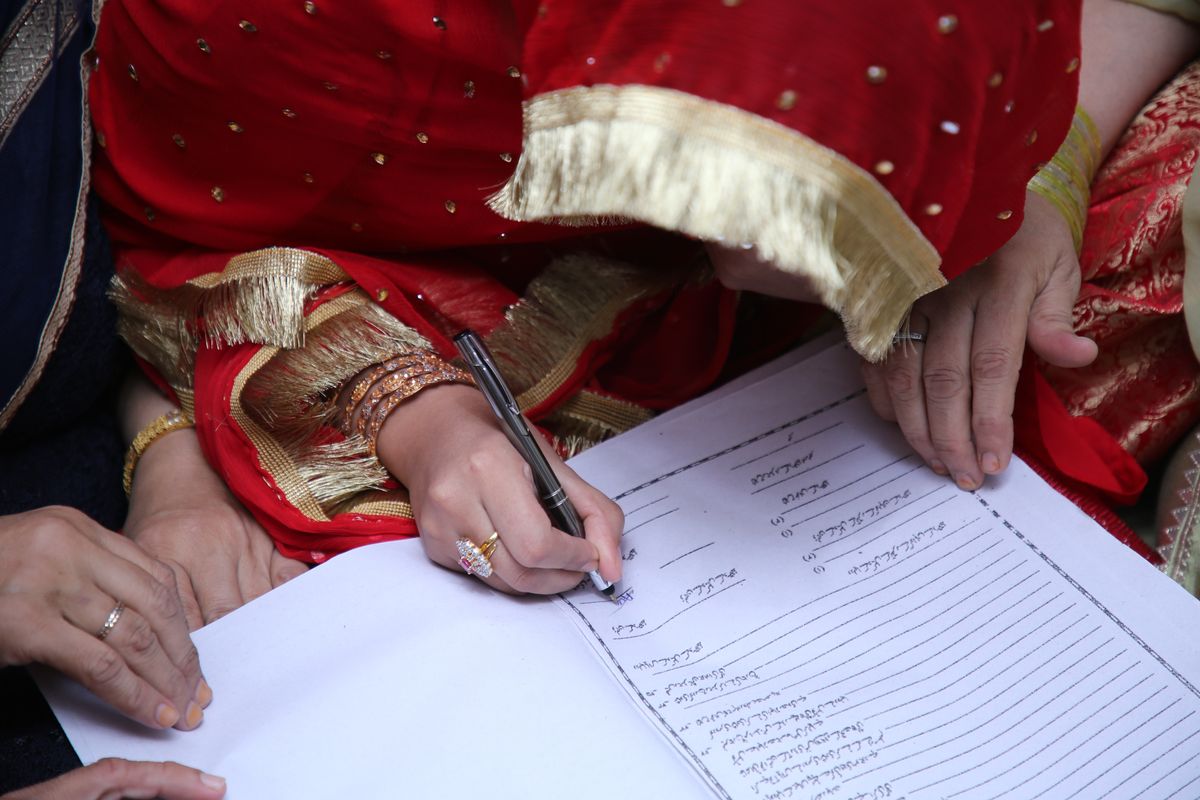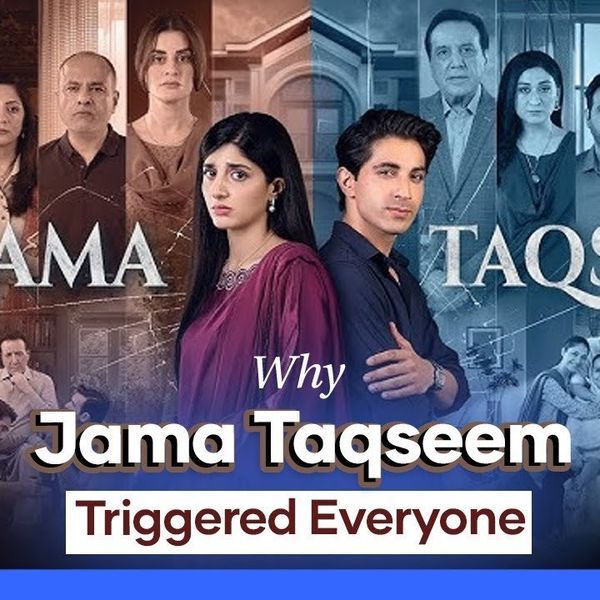Pakistan’s top religious body deems Supreme Court ruling on first wife’s right to annul marriage ‘un-Islamic’
Council of Islamic Ideology's rejection of ruling has been criticized by human rights activists for reinforcing male dominance in marriage laws.

Javed Hussain
Correspondent
I have almost 20 years of experience in print, radio, and TV media. I started my career with "Daily Jang" after which I got the opportunity to work in FM 103, Radio Pakistan, News One, Ab Tak News, Dawn News TV, Dunya News, 92 News and regional channels Rohi TV, Apna Channel and Sach TV where I worked and gained experience in different areas of all three mediums. My journey from reporting to news anchor in these organisations was excellent. Now, I am working as a correspondent with Nukta in Islamabad, where I get the opportunity of in-depth journalism and storytelling while I am now covering parliamentary affairs, politics, and technology.

Pakistan’s top religious body, the Council of Islamic Ideology (CII), has declared a Supreme Court ruling that grants the first wife the right to dissolve her marriage if her husband takes a second wife without permission as "un-Islamic".
The announcement came after a two-day meeting chaired by CII Chairman Dr Muhammad Raghib Hussain Naeemi. The council deemed the court’s decision “not valid in the eyes of Sharia” and reiterated its stance against any law that contradicts Islamic teachings.
The Supreme Court had ruled on October 28, 2024, that a woman could annul her marriage if her husband married a second time without her consent. A three-member bench led by Justice Syed Mansoor Ali Shah issued an 18-page written verdict in response to a petition by Dr Faryal Maqsood and others against Khurram Shahzad Durrani.
Speaking to Nukta, women's rights activist Farzana Bari said the Supreme Court’s decision would have protected women’s rights, whereas the council’s stance reinforces male dominance in marriage laws.
“The council has always interpreted Islam in a patriarchal way,” she thinks.
Legal perspective
Supreme Court lawyer Imran Shafiq noted that an amendment to the Muslim Marriage Act in 1961 under former president Ayub Khan allowed a wife to annul her marriage if her husband took a second wife without obtaining permission from the Union Council.
“The 1961 amendment makes it mandatory for a man to seek permission from the Union Council before a second marriage,” Shafiq explained.
Shafiq further pointed out that under the Muslim Marriage Act 1939, certain conditions were set for dissolving a marriage, but they did not explicitly include the right to annul a marriage solely based on the husband’s second marriage. However, the 1961 amendment changed this by requiring official permission, thereby giving the first wife legal grounds for dissolution.
He also highlighted that family laws do not fall under the jurisdiction of the Federal Sharia Court, meaning CII’s ruling would have little legal impact.
“From a legal standpoint, the Supreme Court’s decision aligns with existing marriage laws in Pakistan,” he said. “The CII’s opinion may hold moral weight, but it does not change the legal framework.”
Hafiz Ehsaan Ahmad, Advocate Supreme Court of Pakistan, noted that despite opposition from certain Islamic scholars, these laws remain enforceable. However, he highlighted the constitutional significance of Articles 227 and 230 of Pakistan’s 1973 Constitution.
Article 227 requires all laws to conform to Islamic injunctions, while Article 230 grants the CII the authority to advise the legislature on ensuring compliance with Quranic and Sunnah principles.
He explained that while Islamic jurisprudence allows polygamy, it does not explicitly require a husband's first wife’s consent. However, fairness and justice among wives are emphasized, and seeking conciliation with the first wife is recommended. Citing Allah Rakha v. Federation of Pakistan (PLD 2000 Federal Shariat Court 1), he pointed out that the Federal Shariat Court upheld Section 6 of the 1961 Ordinance, affirming that it does not violate Islamic teachings.
"The CII, under Article 230, has the authority to recommend amendments if laws contradict Islamic principles. If referred to Parliament, such laws must be reconsidered", Ahmad added.










Comments
See what people are discussing